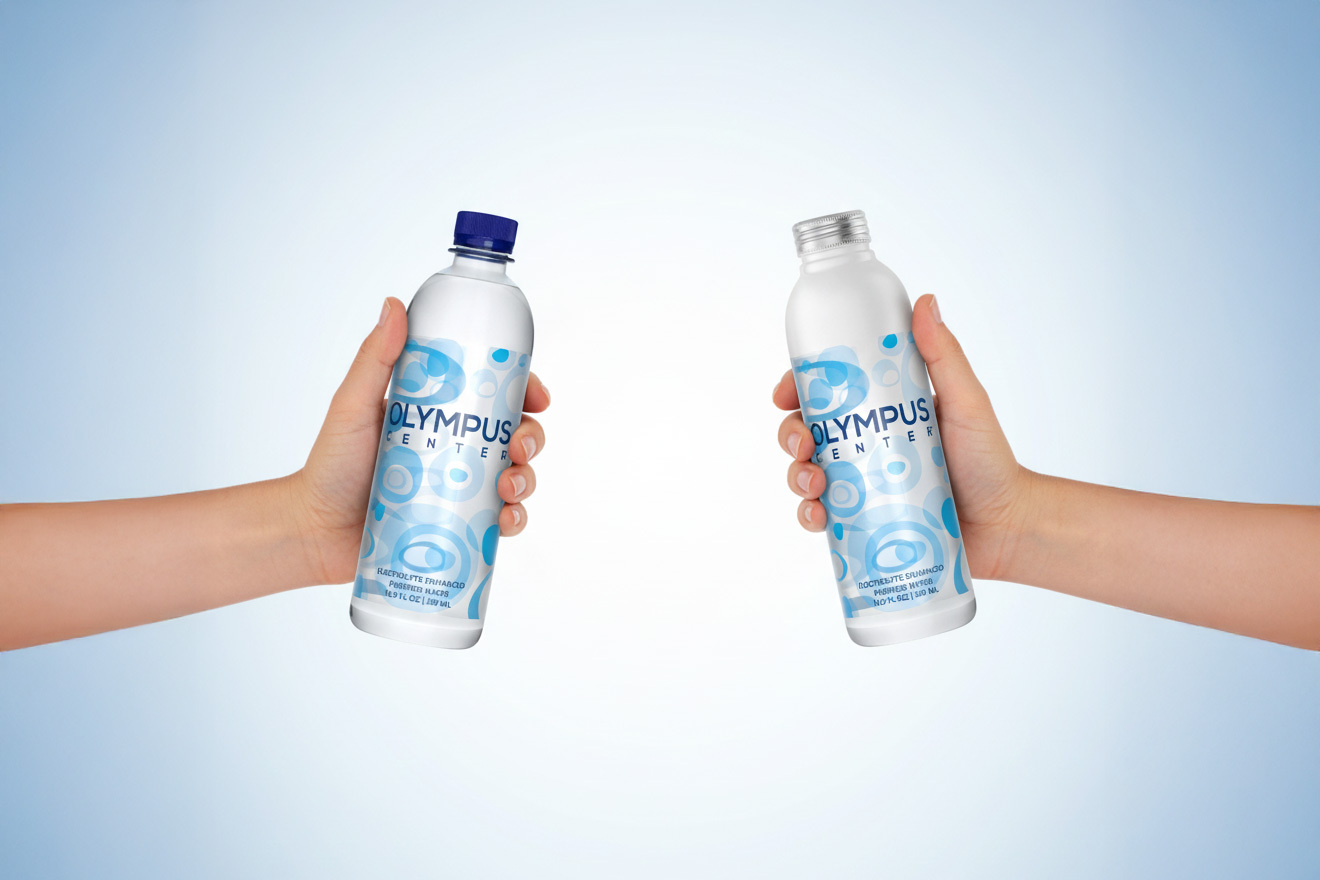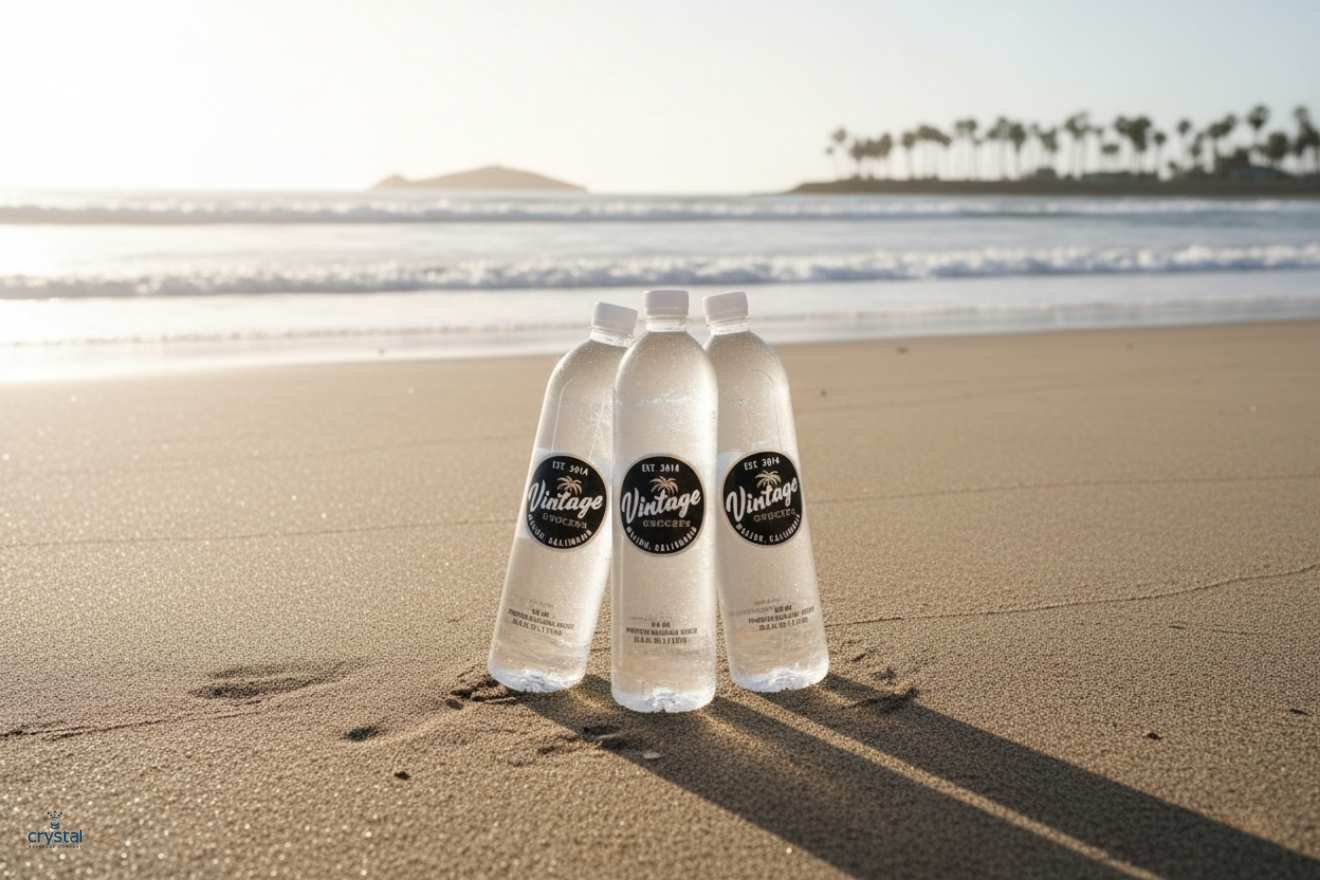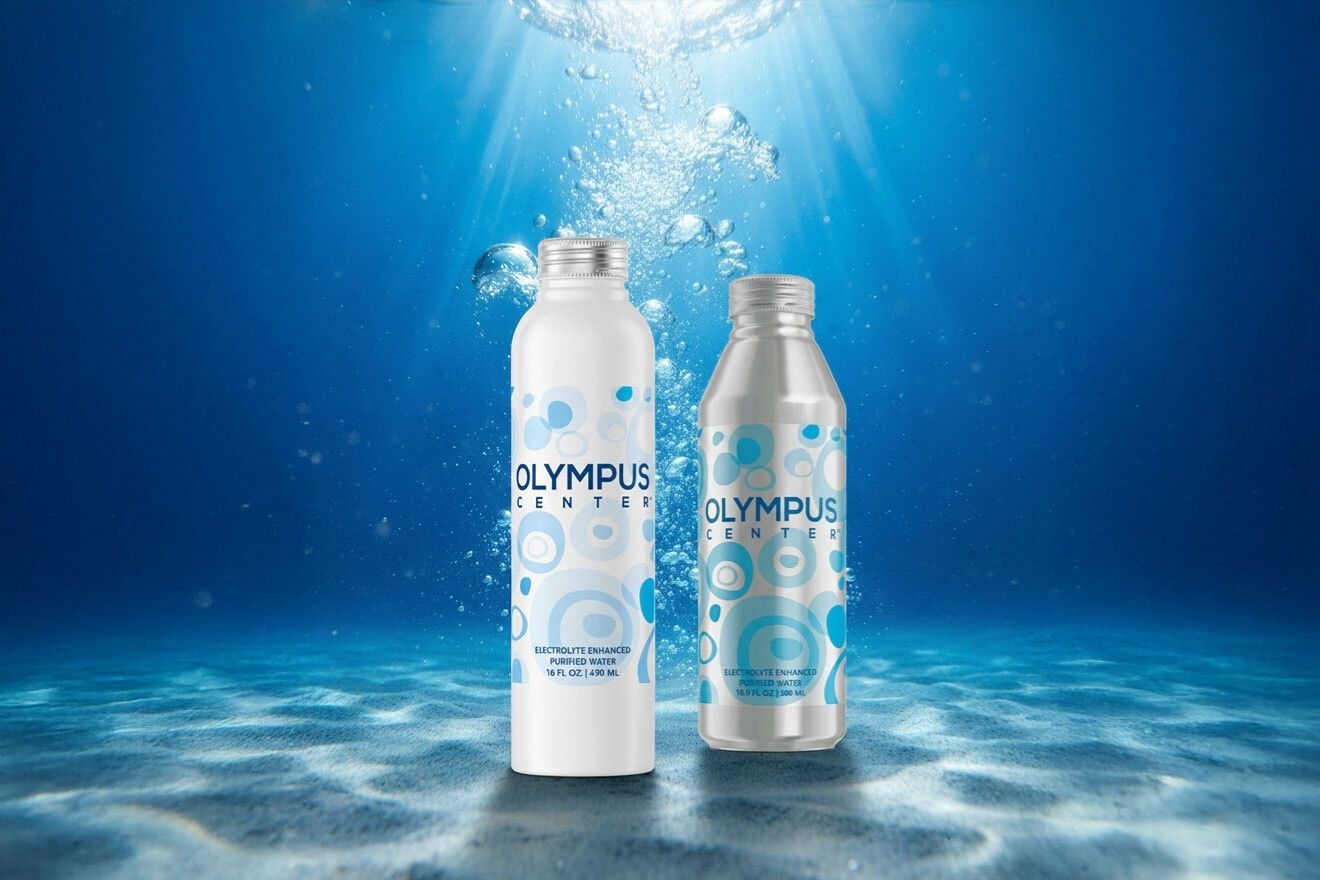How to Filter Microplastics from Water


What are Microplastics?
Microplastic particles are miniscule, sometimes microscopic, plastic particles that form when plastics break down. These may come from plastic bottles, plastic food containers, plastic straws, and other plastic waste. They may make their way into streams, oceans, and forests as they are carried away by wind or washed away by rain.
Microplastics are notoriously dangerous to plant, animal, and human health. These microplastic particles are known to cause environmental degradation, as well as posing health risks to plants and animals alike. Plastic consumption can lead to a variety of problems like organ failure, cancer, and even death, which is why a plastic-free water source is preferred.
Why are Plastic Particles in Water?
How does microplastic make its way into water? Plastic waste products are commonly thrown in the landfill, buried, or tossed into incinerators. However, plastic does not easily biodegrade. Instead, plastics break down into smaller and smaller plastic particles, which are then carried into bodies of water through wind or rain.
Plastics may also make their way to oceans by poor waste management. Plastic products may fall off boats transporting products or waste, or animals may mistake plastic for food, and drop them into oceans. These plastics get into our water sources, and even infiltrate the food chain as fish and other animals eat plastics, thinking they're food.
There are many ways plastic particles can find their way into our water sources, which is why it is important to filter out contaminated water. Most bottled water manufacturers use meticulous filtration processes to remove microplastics from natural spring and tap water to make sure these are safe to drink!
Water Filter that Removes Microplastics from Water
Worried about plastics in your water? Ceramic filters, nano filters, and carbon filter types of water processing methods are among the best ways to make sure your drinking water is completely free of plastics!
#1 Reverse Osmosis Filter
Most reverse osmosis water filters remove microplastics from water by forcing water molecules through a semipermeable membrane. The membrane can filter out plastic pollution and other contaminants as small as 1 micron, making them capable of purifying tap water.
These block most of the impurities in contaminated water, including mercury, chlorine, and other chemicals. If you're scouting for clean, pure bottled water filtered through reverse osmosis, then check out our water options at My Own Water, and enjoy a healthy hydration without the plastic particles!
#2 Nano Filters
Like reverse osmosis, nano filters remove microplastics from water by passing water through a semipermeable membrane. However, nano water filters remove microplastics that a much smaller particle size. As its name suggests, these filters can block out nano plastic particles - up to 0.001 microns!
Water is forced through the filters to remove particulate matter, and the smaller the micron size, the more contaminants are blocked out from the water. Nano filters are difficult to procure, and few suppliers process bottled water through nano filters, making this option scarce and expensive. Still, you'd be getting clear, clean water without the plastic!
#3 Brita SoHo Water Filters
For readily-available solutions you can use to remove microplastics from your water at home, you can purchase water filters and pitchers that use similar types of filters to remove microplastics. Brita is well known for their powdered activated carbon filters, granular activated carbon filters, and carbon block filters that remove up to 99.99% of contaminants.
The Brita SoHo water filter is said to remove virtually all the plastic particles from your water. Simply fill the 6-cup capacity pitcher with drinking water or tap water, and let the filters work. The pitcher uses a granular carbon filtration method, which removes both chemical and particulate matter. The Brita SoHo produced favorable results with tap water samples.
#4 Brita Faucet Filters
Brita Faucet Filters can be attached straight to your drinking water system, where it will filter out contaminants right at the source! Concerned about microplastic particles in your tap water? The Brita Faucet Filter and Shower Filters will keep microplastics out of your water right as you use it, removing chemical contaminants and odor as well in the process.
#5 Pur Plus Water Filter Pitcher
Like Brita, Pur is another brand of water filters that specialize in removing contaminants from your water. While the basic Pur filter can only remove large particles of 50 microns and above, the Pur Plus filters can remove microscopic particles, chemical additives, and odor. It works just like the Brita filter: just fill the pitcher with water, and let it filter before drinking.
#6 Lifestraw
Lifestraw is a water bottle with a filter that can block out particles as small as 0.2 microns, which is enough to keep microplastics out of your drinking water. Mostly marketed for outdoorsy activities like hiking and camping, Lifestraw allows you to fill up your bottle with plain water, and filter out the contaminants as you sip through the straw filter.
Make sure the water you drink is kept clean and pure. At My Own Water, we make sure the water we provide is filtered and free of plastic. Check out our full product range for more info!






